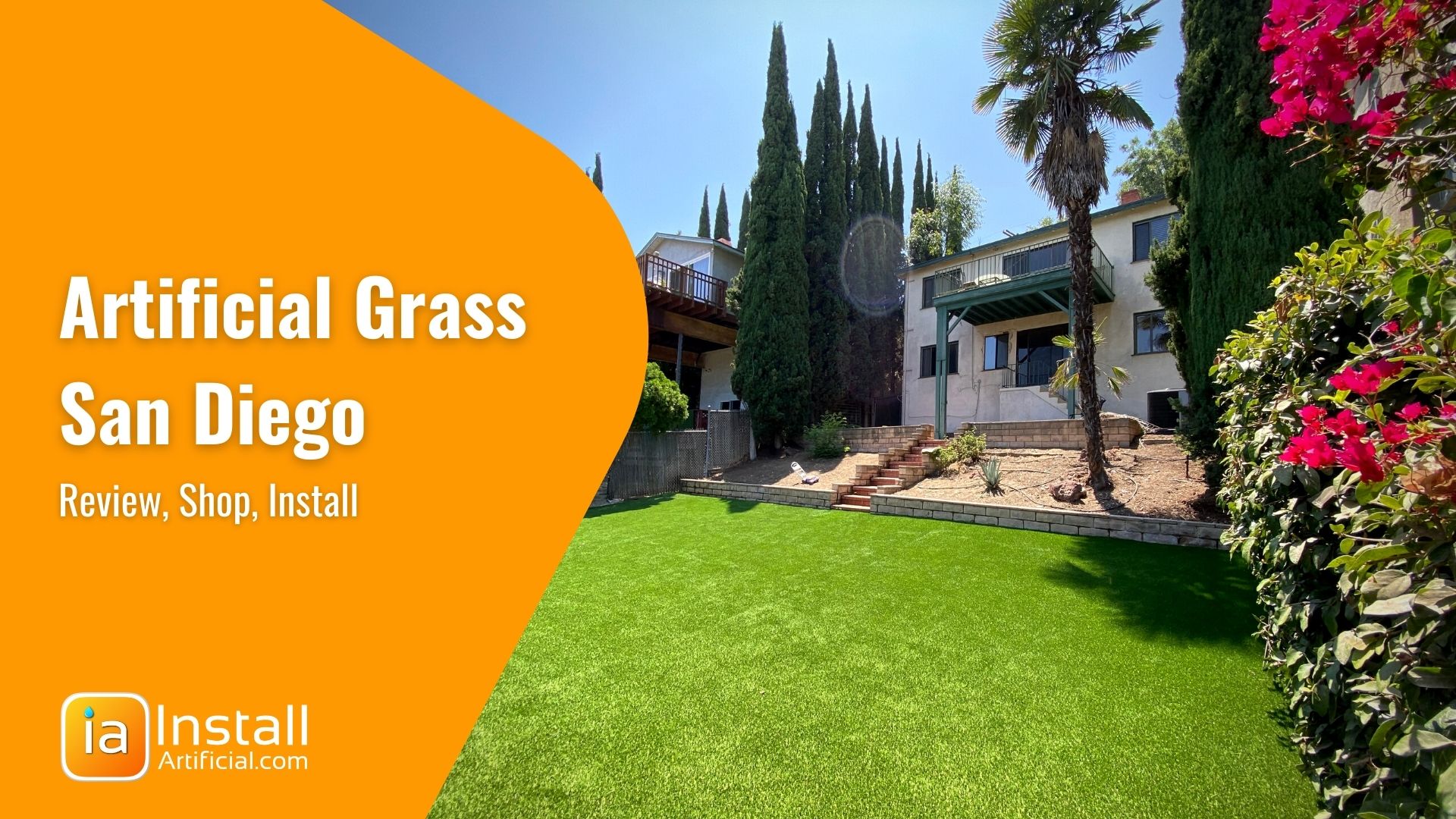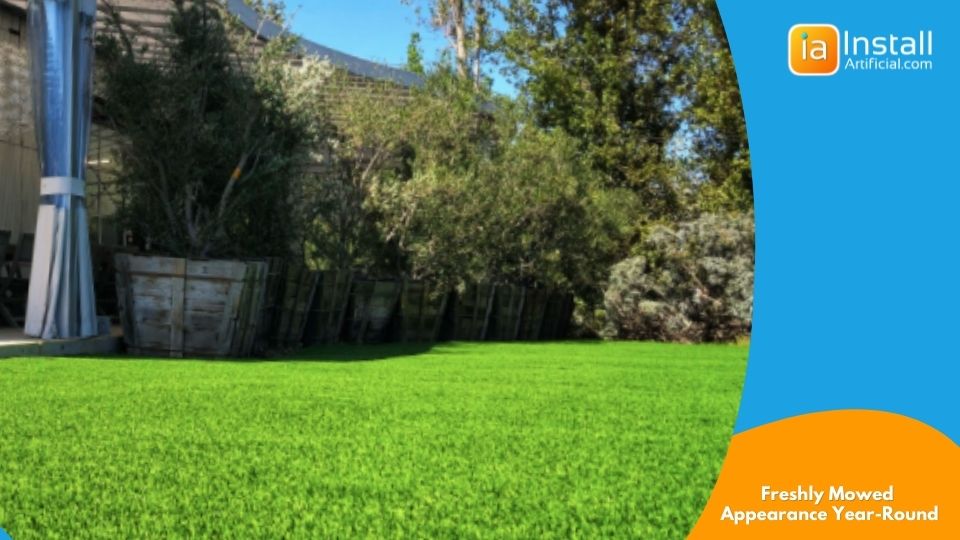
More and more homeowners in San Diego are opting for artificial turf installation as an alternative to natural grass. Find out why this type of landscaping is becoming...
Artificial grass has a smooth, non-porous surface that doesn't trap allergens like pollen, mold spores, or dust mites. This feature makes it easier to clean and maintain, minimizing the accumulation of allergens that can aggravate allergy symptoms. Regular cleaning routines, such as hosing down the turf or using a leaf blower, can effectively remove any debris or allergens that may collect on the surface
Artificial turf offers a distinct advantage over natural grass when it comes to allergies. Unlike its natural counterpart, artificial turf does not produce any pollen. This synthetic composition ensures that no allergens are released into the air, creating a pollen-free environment for allergy sufferers to enjoy. With the absence of pollen, the risk of triggering allergic reactions is significantly reduced, allowing individuals to freely spend time outdoors without any worry.
One additional benefit of synthetic grass is that there is no need for mowing or trimming. This means that allergies and other respiratory illnesses are lessened because there will be no ground dust or airborne contaminants. Synthetic grass also eliminates the use of any herbicide chemicals, which may cause issues for people with sensitive immune systems. With artificial grass, there's no need for mowing or watering, leading to a cleaner and more allergen-free outdoor environment.

It’s not just your family that suffers from allergies, your pets do too! And they can be just as itchy and miserable from their allergies. The long-term effects of chemicals and pollen trapped in natural grass causes problems in dogs like clogged sinuses, inflamed skin, and violent scratching. By installing artificial grass you can protect both your pets and your family from these unpleasant symptoms.
If you’re one of the 50 million Americans that suffer from hay fever symptoms every spring, you may be interested in the benefits of artificial grass and landscaping. Turf is a cost-effective solution to preventing unwanted allergens.To find out more, contact InstallArtificial today or fill out the short contact form below to receive a free custom estimate.